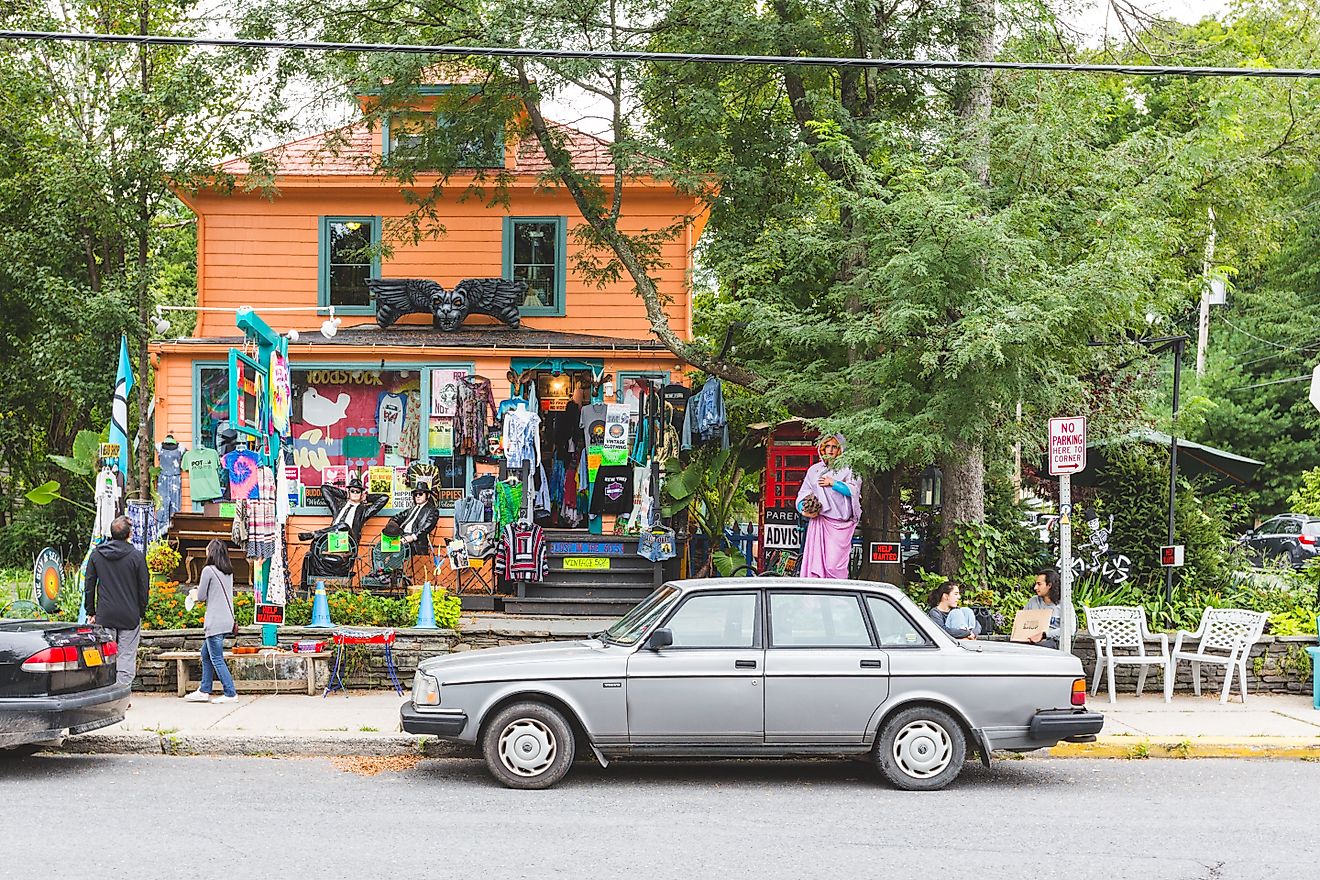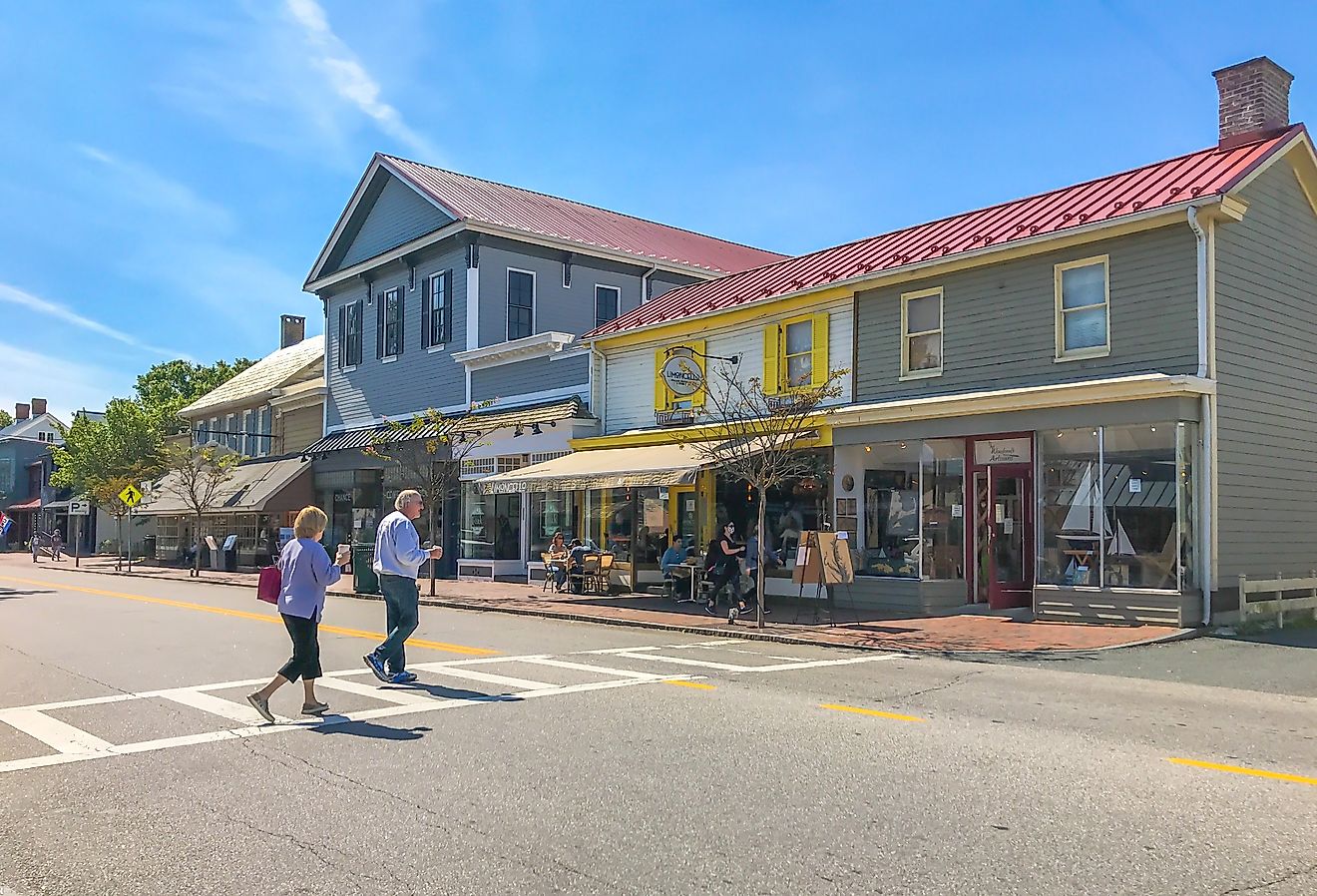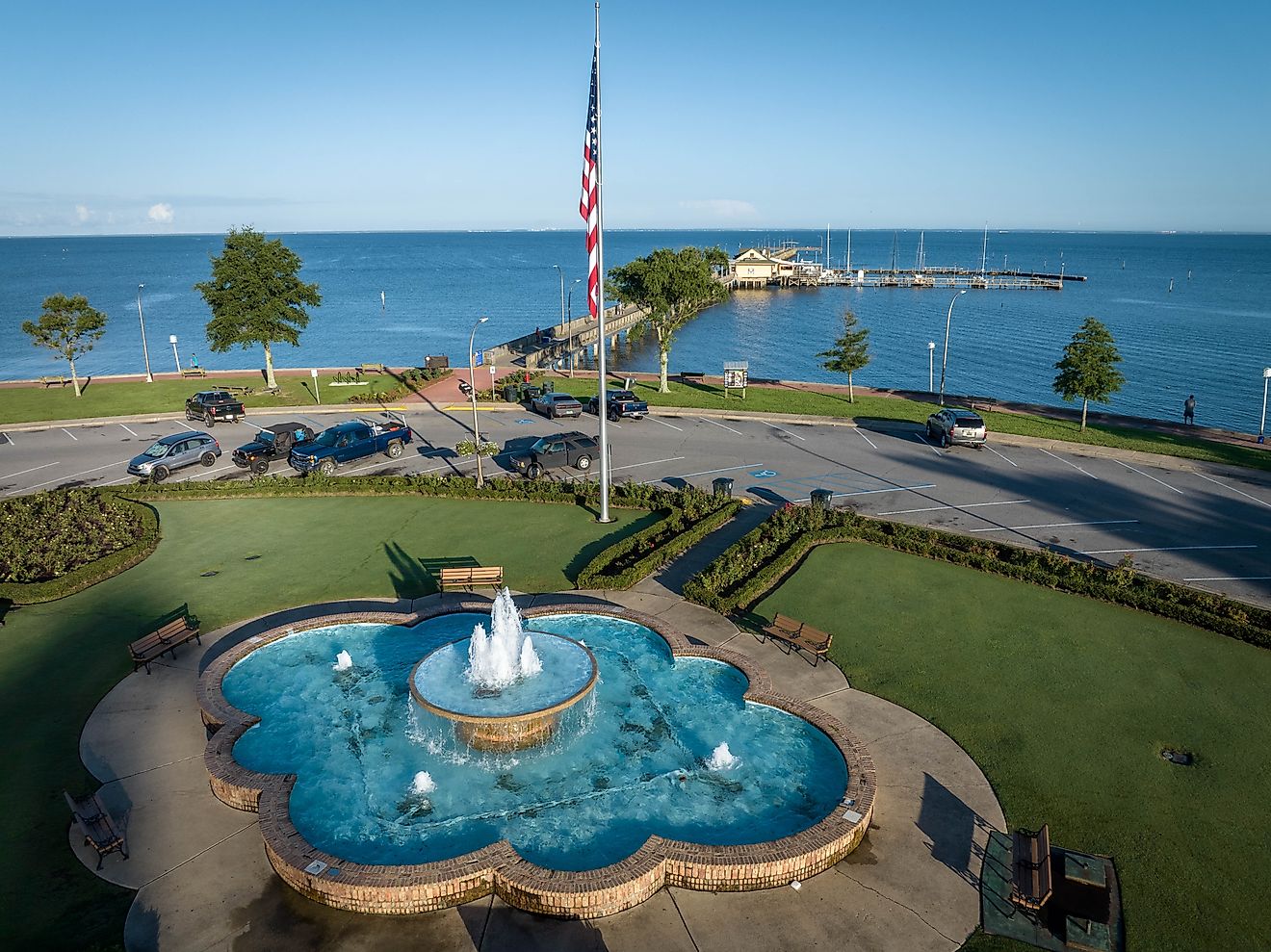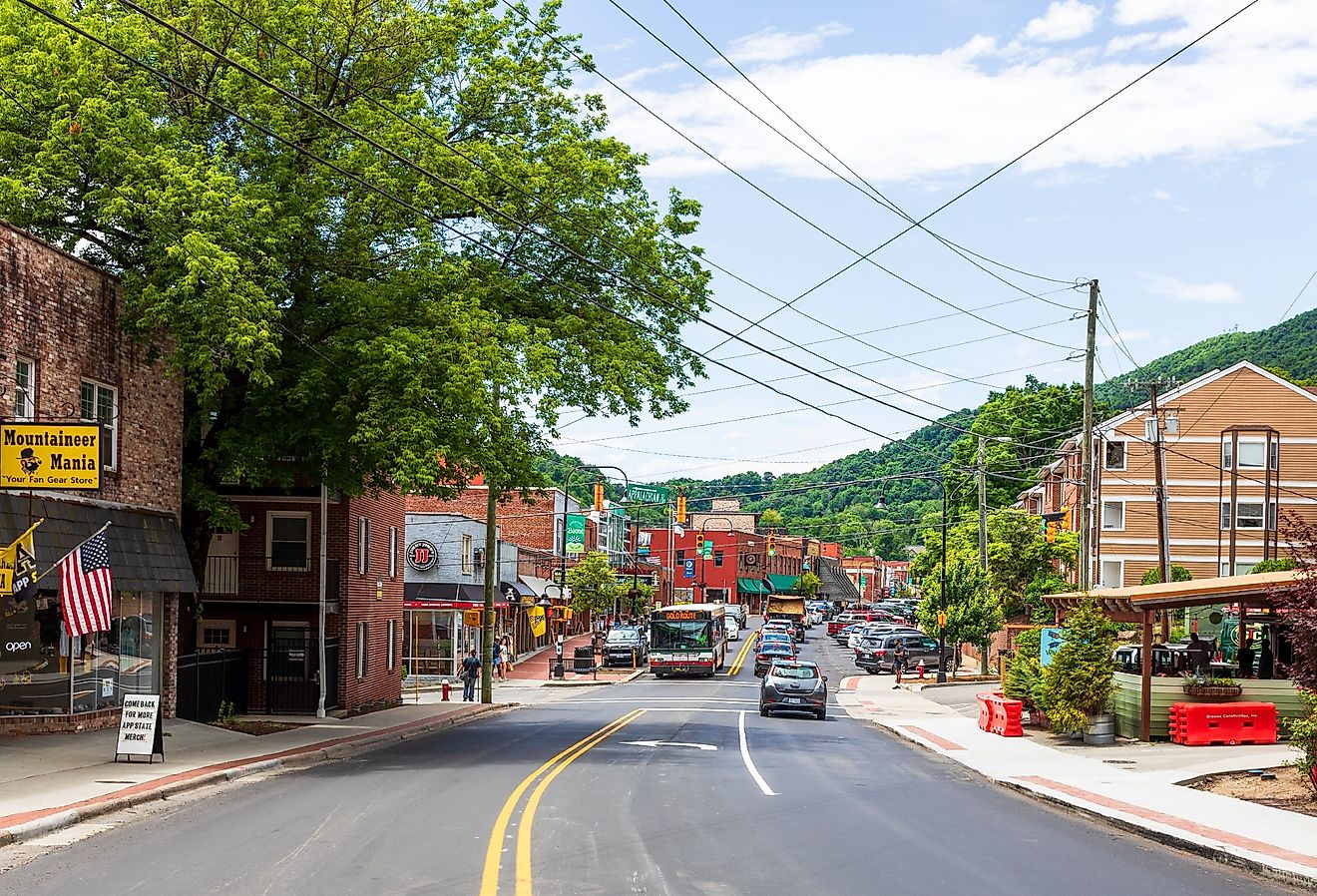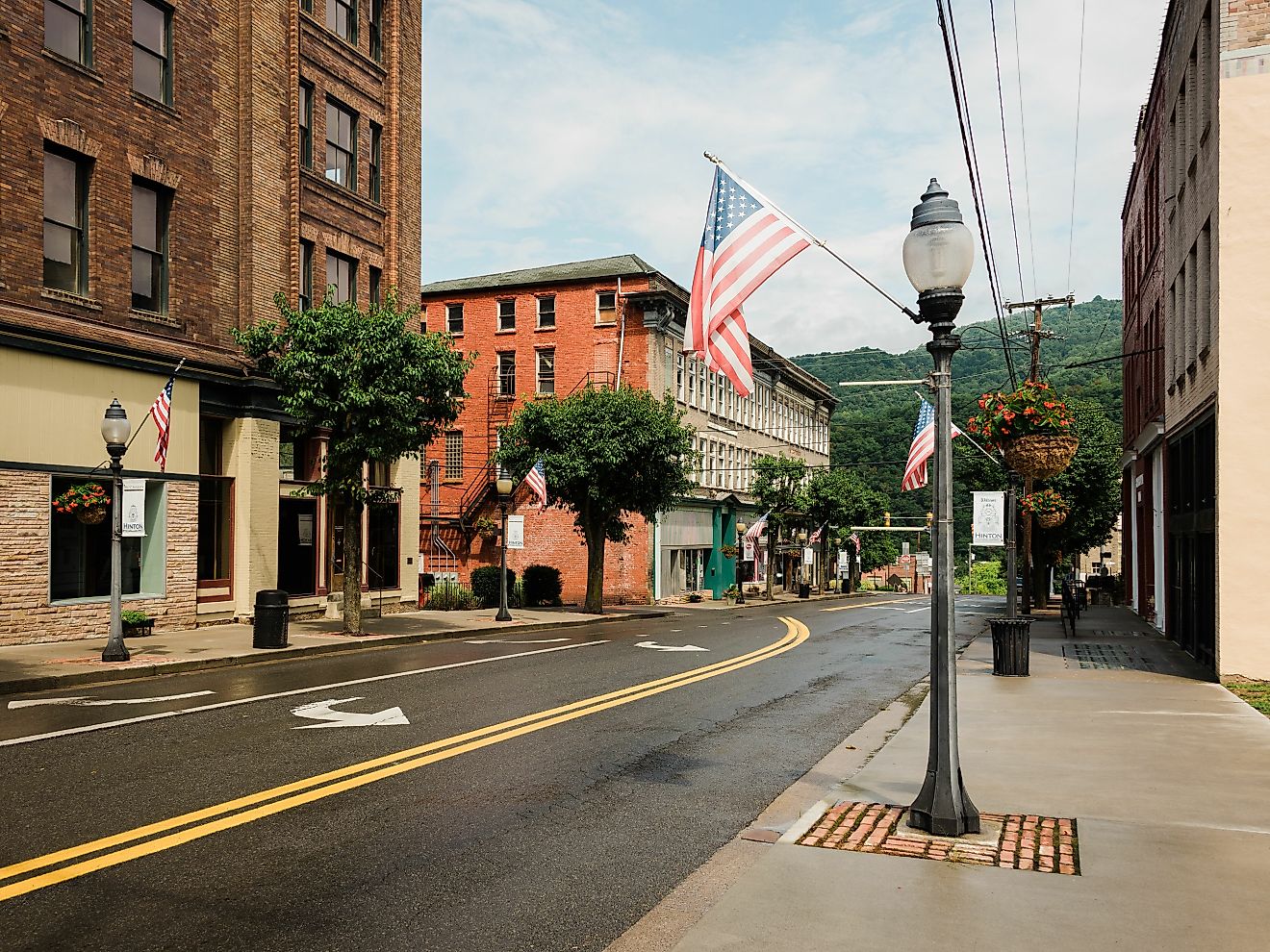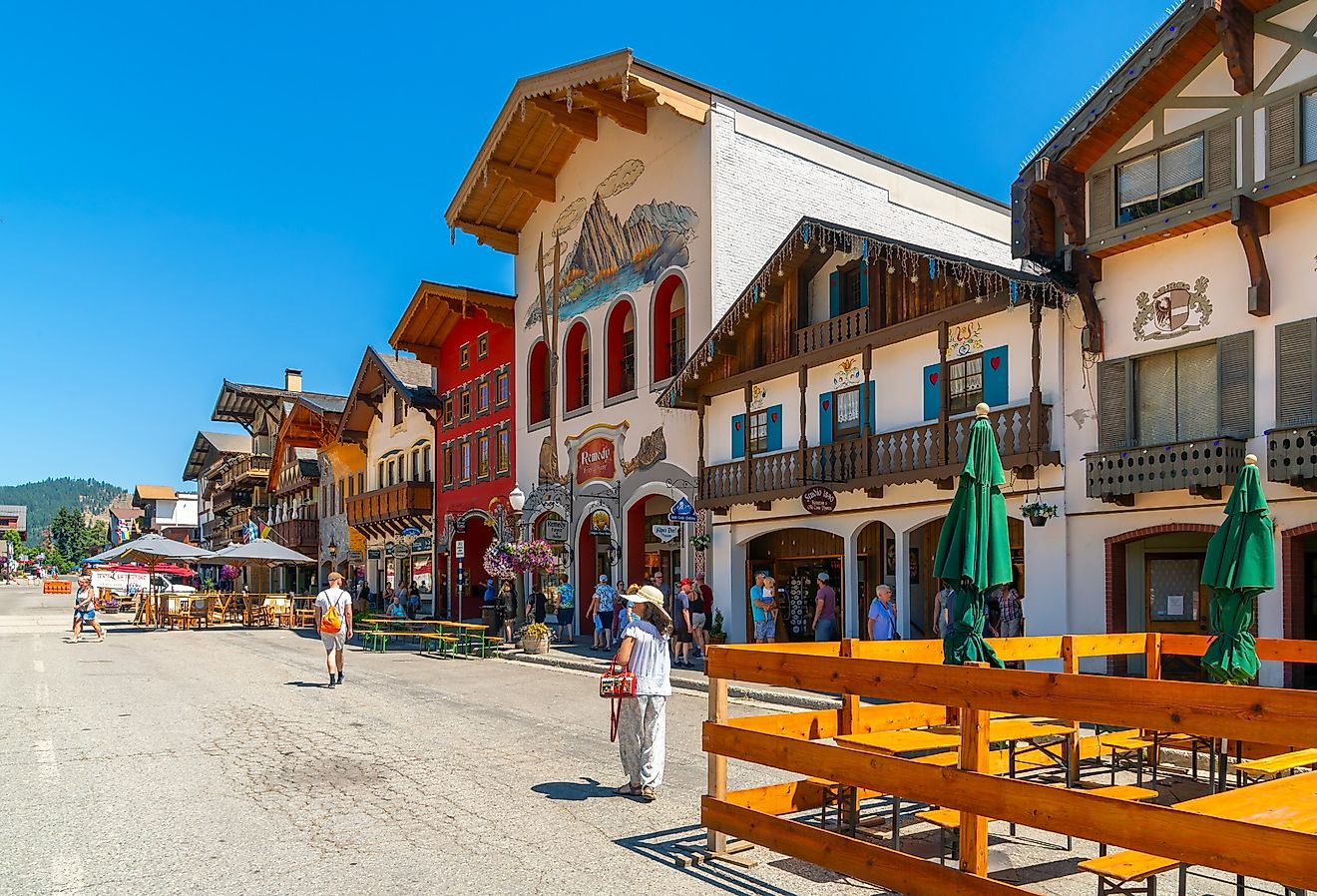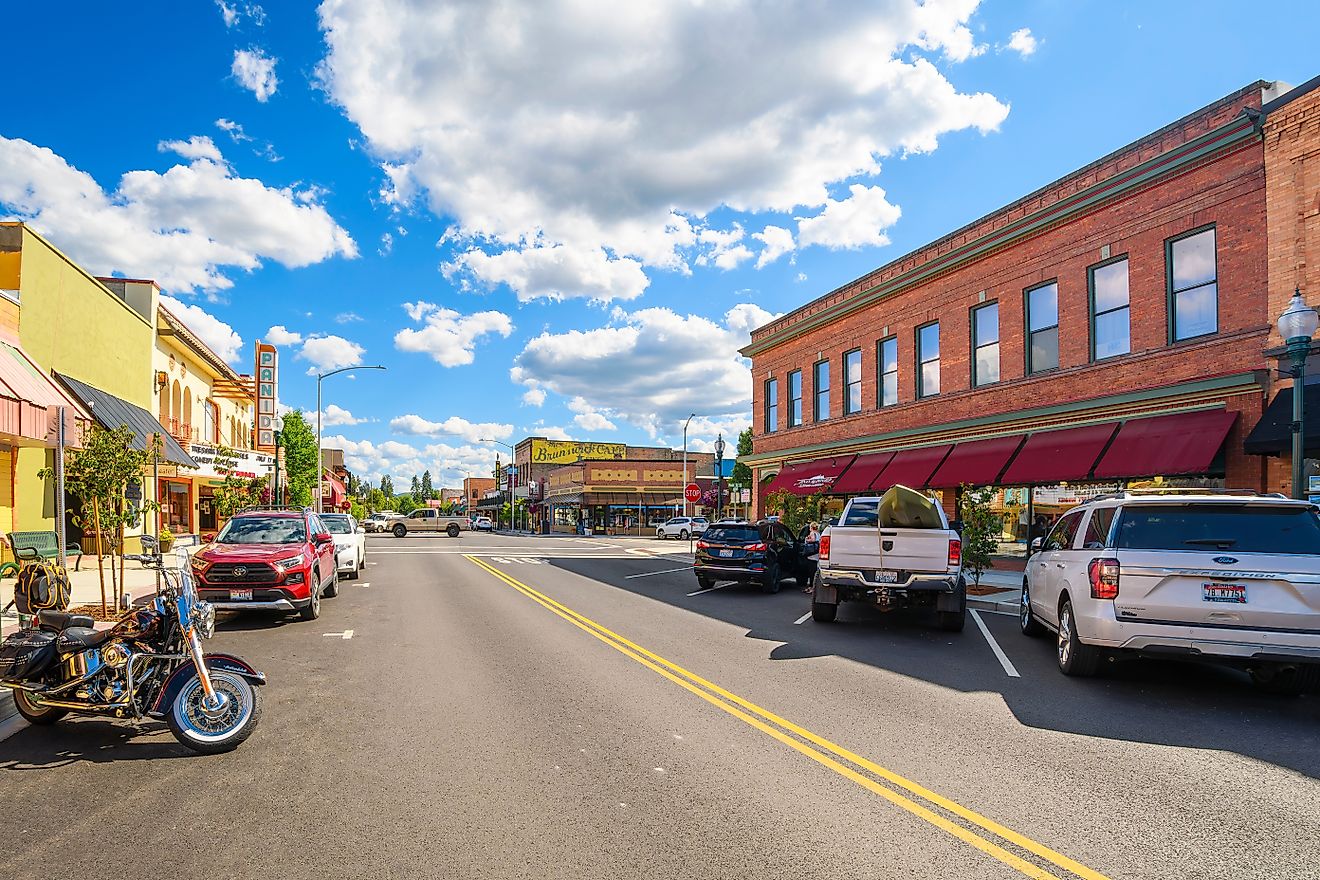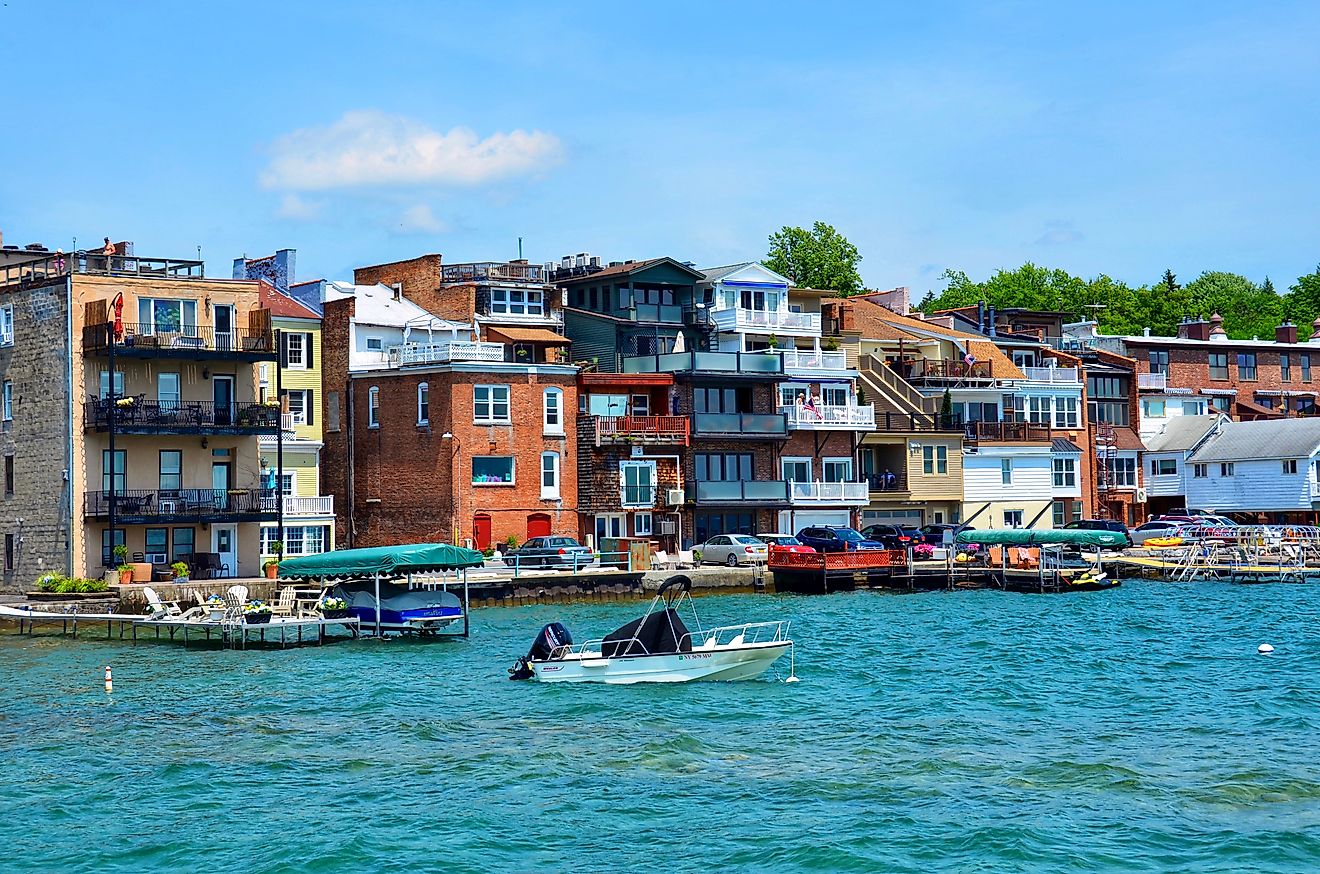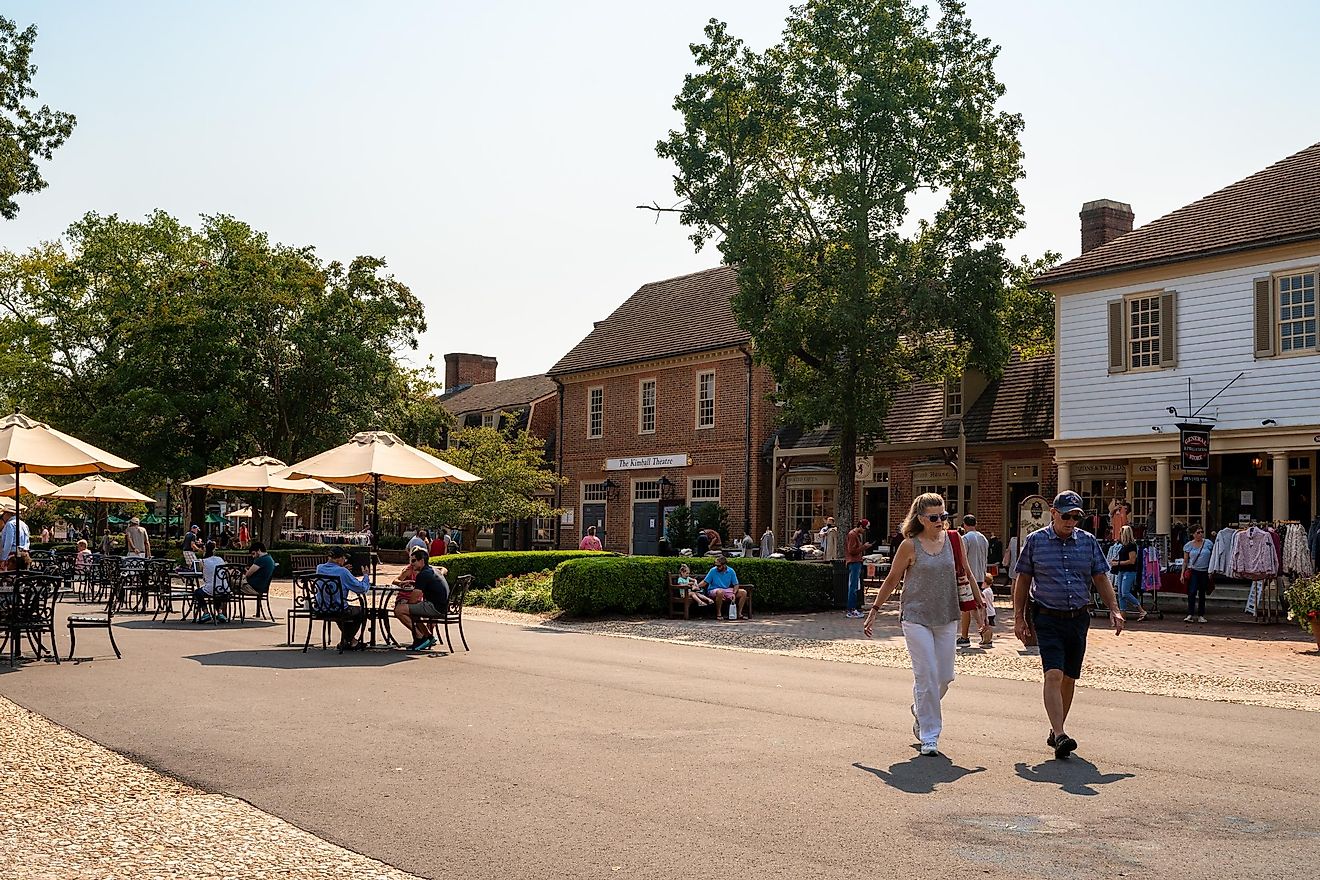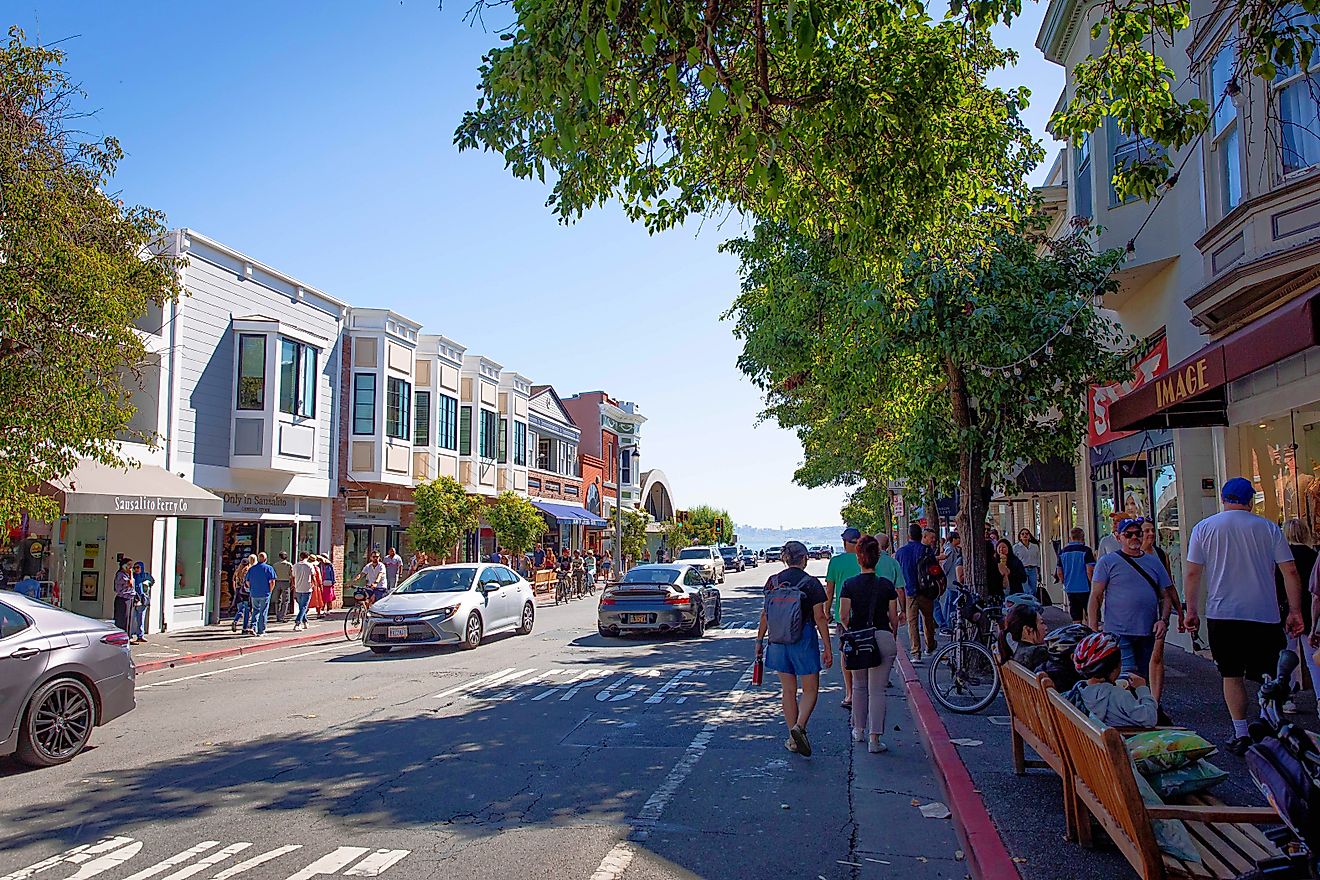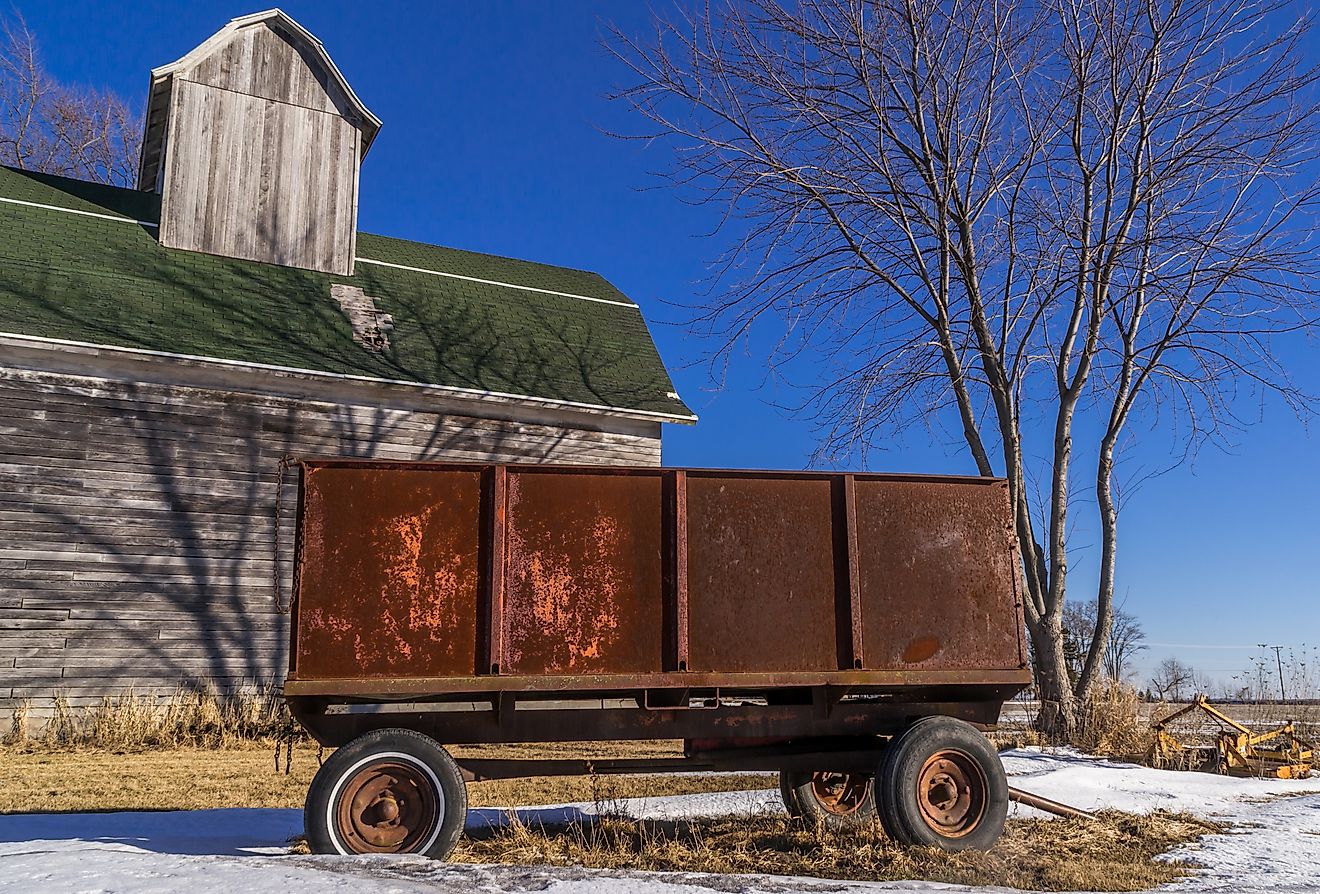
Fenwick Island
Fenwick Island is a barrier island situated in the Atlantic Ocean on a stretch that cuts across the two states of Maryland and Delaware. But Fenwick Island also refers to the charming small town the Island lends its name to and whose beach is among the prettiest in Delaware. Besides the eponymous town that often attracts beach addicts in droves, Fenwick Island also includes the community of South Bethany. This quiet resort town styles itself as "the Best Little Beach in Delaware."
To the south of Fenwick Island lies the town of Ocean City, reputed to be the "White Marlin Capital of the World." Finally, Fenwick Island includes the 334-acre Fenwick Island State Park, a popular outdoor lovers' paradise where one can enjoy several fun-filled activities.
Geography And Formation Of Fenwick Island
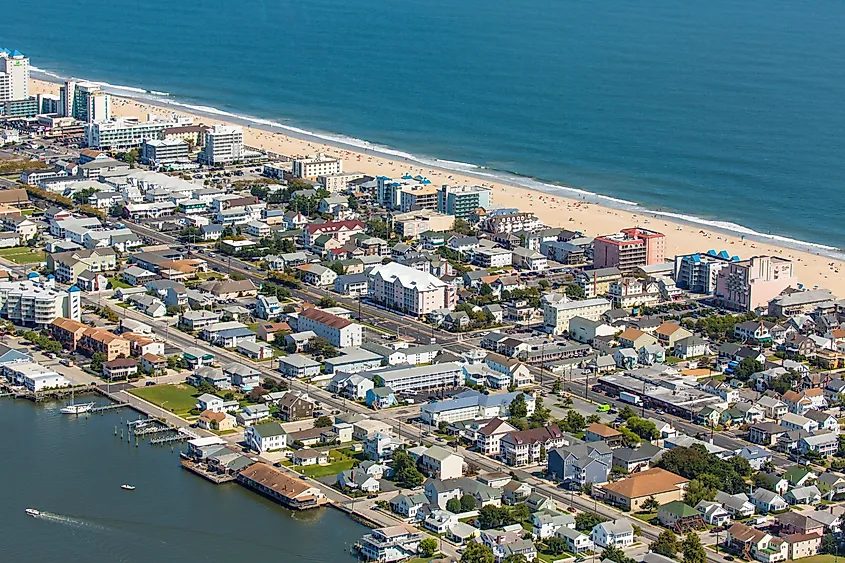
Fenwick island is a barrier island. Geologists believe that barrier islands form because of the occurrence of several related natural activities, including continuous changes in sea level, sediment supply, and the competing actions of waves and storms. For barrier islands to form, there must be some movement of sand, either across the shore, along the shore, or a disorderly movement due to the furious agency of wind.
The sea level, geologists believe, started to climb up at the advent of the interglacial period about 12,000 years ago. At the end of the subsequent 8,000 years, the sea had risen to almost its current levels. This interglacial period witnessed a landward movement of a large mass of sand. The shoreline, naturally, followed suit— by similarly moving landward. Additional sediment would be spread along the coast because of the nearby deltas. When the sea levels stabilized, the spread of sand ensured the formation and stabilization of the barrier islands on the Atlantic Coast — including Fenwick Island. These barrier islands are believed to have been up to a mile wider than they are today. The steady but continuous rise in sea levels explains the narrowing of the barrier islands' shorelines.
Fenwick Island's substrate consists of sedimentary layers of medium-sized quartz and grains. The substrate also consists of heavy minerals and shell fragments, albeit much more sparingly.
History Of Fenwick Island

Even for natives, Fenwick Island — and the other barrier islands that line the Mid-Atlantic Coast— were a notoriously difficult region to navigate. Long before the arrival of European colonists, Native Americans had to navigate a marshy spit that separated the mainland from the island. Later, in the years after the Revolutionary War, a shallow trench was dug in the Asswoman Bay area to allow boat access to the island. Without any dryland connection, the construction of this ditch effectively created Fenwick Island.
The France-educated Giovanni da Verrazano was the first European explorer to visit this Mid-Atlantic region. The sea-skilled Florentine had embarked on this trip after securing a commission from Francis I who wanted a waterway to the Pacific Ocean — through to the lucrative markets of the Far East. Evidently, Verrazano never found a sea route to the Pacific. Still, he made the trip, encountered the dangerous shoals near Fenwick Island, wrote a detailed account of his adventure, and helped evoke interest in this intriguing region of the world.
Hitherto largely unsettled, many of Fenwick's first settlers were motivated by the prospect of salvaging cargoes from shipwrecks common in the area. And because of the subsequent surge in demand for oysters and clams, many more would troop to the island. A transformative change in transport infrastructure would later open up Fenwick Island — and the whole region — to massive recreational opportunities.
Visiting Fenwick Island
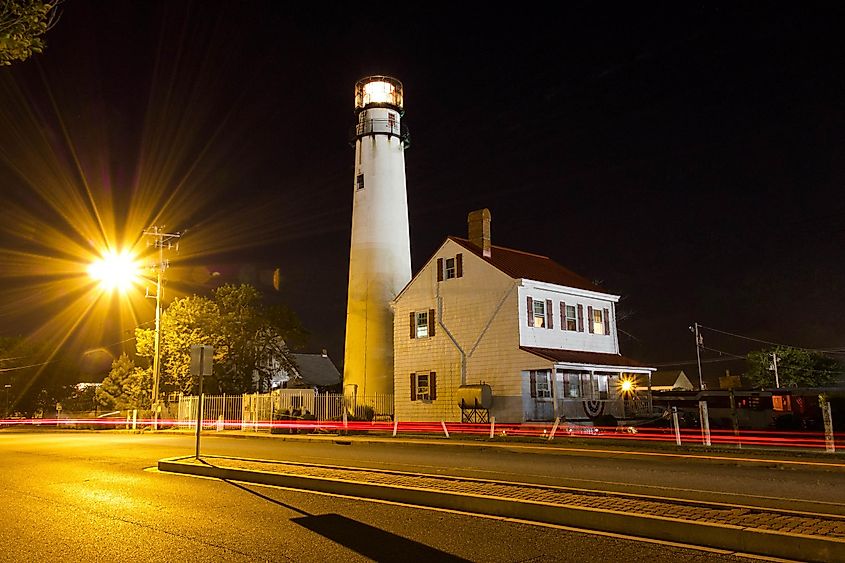
Fenwick Island and the nearby towns are often styled as "Quiet Resorts" in a pointed reference to their vacation appeal. While the description "quiet" can change based on time and season, Fenwick Island is almost always quieter than Ocean City, its more touristy counterpart to the south. Fenwick Island cuts the image of a quaint, peaceful neighborhood, popular for its pretty beach, as well as its tongue-wetting restaurants. A famous seafood destination, the town will not fail to satisfy a craving for some fried or grilled oysters.
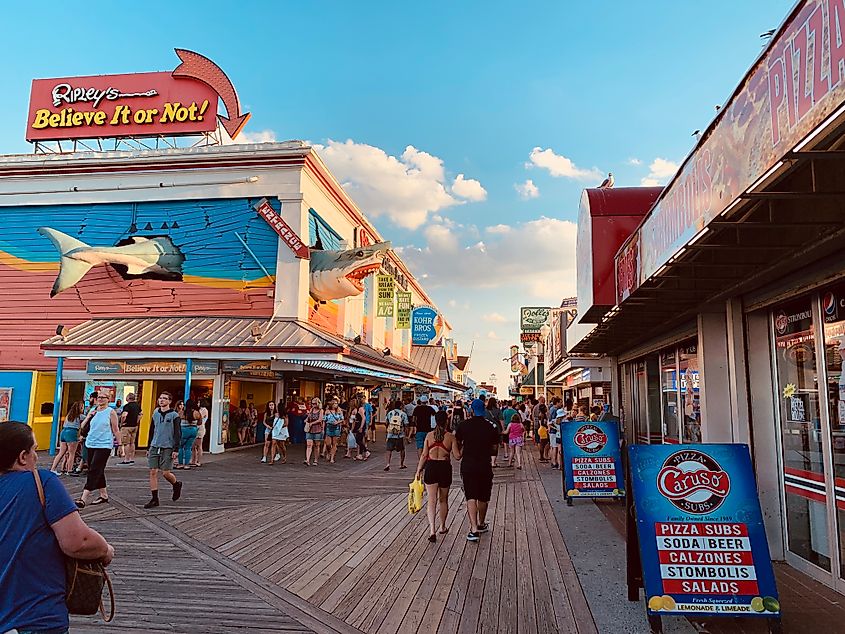
Besides, the island's main town has a decent number of shopping options to satisfy the needs and fancies of various visitors. Another population attraction on the island is the Fenwick Island Lighthouse, an important historical landmark worth checking out. There's also the Delaware Highway 54 bridge — as well as Fenwick Island State Park.
Fenwick Island State Park

Fenwick Island State Park is a serene 3-mile stretch of barrier island that teems with several enjoyable attractions. Stretching over 344 acres of dazzling serenity, this park is a welcome tonic for those who want to wind down and escape the noise of whirring cars that make occasional city escapes a necessity. Previously wild and untamed, Fenwick Island State Park has largely retained its character amid the rapid development the island has experienced.
Since Fenwick Island State Park is mainly a beach destination, it is the go-to place for someone who wants to take a refreshing plunge; for pleasure or leisure. Of course, the feel of sand on the feet and the amazing views around are rewarding dividends beach lovers will want to enjoy. In 2021, 48 recently-hatched loggerhead sea turtles found near James Street were relocated to Fenwick Island State Park. Loggerhead turtles are protected under the Endangered Species Act.
Located on Mid-Atlantic on a stretch that cuts across Maryland and Delaware, Fenwick Island is a barrier island worth lacing up for. Formed in the interglacial period when several factors resulted in the surge in sea levels, the Island was once much broader than it is today. Aside from the beautiful town that bears its name, Fenwick Island also boasts a historic lighthouse, several seafood restaurants, and Fenwick Island State Park. Whether eating in an ocean-front restaurant — or swimming in sparkling waters — a visit to Fenwick Island comes with several enjoyable activities.
